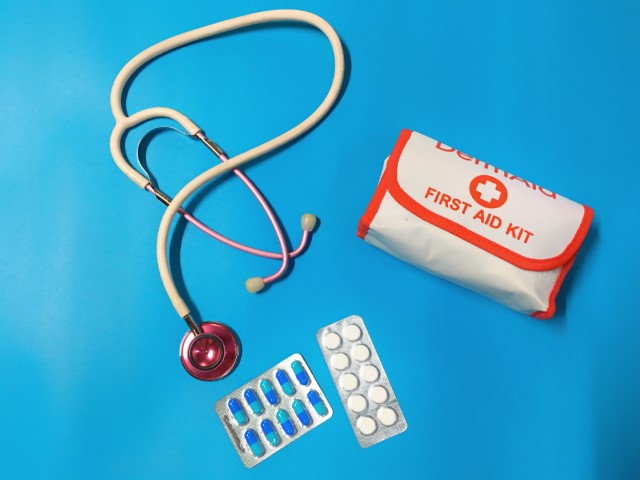Getting it Right: A Diligent Approach to Decrease Medication Errors and Improve Patient Safety

Pharmacists play an integral role in healthcare. Their work requires them to collaborate with other healthcare professionals as well as patients. In fact, according to an article published in Patient Safety, they are uniquely suited to “lead medication safety efforts through formal medication safety leadership roles, medication error reporting and monitoring, and continuous quality improvement efforts.”
Creating a Culture of Patient Safety
Abigail Adams (mother and wife of two presidents) claimed that “learning is not attained by chance, it must be sought for with ardor and attended to with diligence.” In other words, educators must approach teaching in a deliberate manner and provide ample opportunities for their students to acquire the skills and knowledge they need. The medication safety training that occurs at the University of Houston College of Pharmacy recognizes that creating a “culture of safety” is a priority that requires intentional efforts and frequent opportunities for students to understand not only what best practices are in terms of medication-use, but also how to advocate for changes that reduce errors and optimize the process.
Start with the Basics
Pharmacy students begin their medication safety journey in their first year in the classroom with a course titled “Patients, Medication Safety, and Informatics.” Right away, they investigate the tools and technology that exist to facilitate medication-use processes and identify the types of errors that occur within the process. They take another course that focuses on fostering relationships within the healthcare team, which emphasizes “the importance of effective communication and teamwork in patient care.”
Hands-On Experience
Students then can elect to participate in an Advanced Pharmacy Practice Experience (APPE) rotation that focuses on medication safety. A deeper dive into medication errors and medication-use safety allows students to identify measures that enhance patient safety. By participating in medication-use reviews and error reporting, they can use their knowledge to identify ways to lessen risk and prevent medication errors. “Anecdotally, pharmacy students have described a better understanding of the ‘ripple effect’ of small actions throughout the health system with issues leading to medication errors themselves, and the policies and procedures created to mitigate them.”
Similar experiences are part of students’ post-graduate residencies, as medication safety principles are required competencies. Often, students participate in “longitudinal safety projects” where they hone their investigative and analytical skills to make them more confident in being proactive about patient safety.
Pharmacy residents also complete a Continuous quality improvement (CQI) project that focuses on medication safety. This work has resulted in “policy updates, optimization of information technology tools, development of order sets, and educational efforts for clinician staff.” Most importantly, these residents have gained valuable experiences as advocates for patient safety.
A Model that Works
It is inspiring to see programs like this one that understand and emphasize patient safety is the responsibility of the healthcare professional. There are many ways to analyze information, collaborate with interdisciplinary teams, and identify flaws in order to optimize medication-use and continuously improve patient safety.
The Eisen Law Firm and Medication Errors
While creating a culture of patient safety is important, mistakes can and still do happen.
Pharmacists are not the only ones involved in distributing medication. Hospital personnel can administer the medication incorrectly or to the incorrect person. At The Eisen Law Firm, we have successfully handled cases where the culture of patient safety was not as high a priority as taught at the University of Houston College of Pharmacy. We have seen medication given at 10x the potency rate, at the incorrect time, in the incorrect manner, and completely the incorrect medication. All with horrible consequence to the patient. All preventable medical errors.
If you or someone you love has been the victim of a medication error, please contact our experienced Cleveland malpractice lawyers to discuss your options for legal recourse and for obtaining the compensation you deserve. To schedule your free consultation, call 216-287-0900 or contact us online today.




